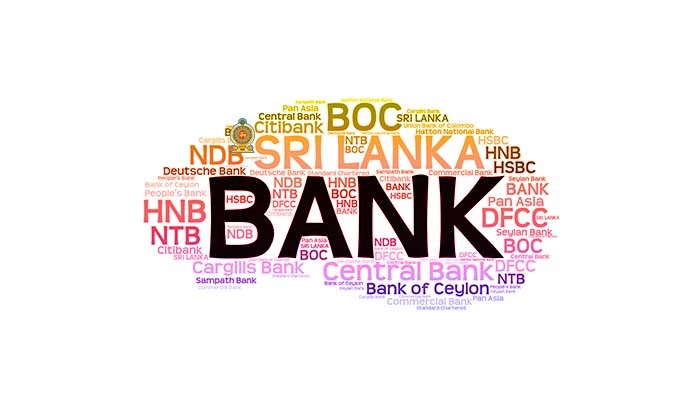State banks, public listed companies, and branch offices of international banks, issued a stern statement today expressing concern over the potential negative repercussions of the government intervention.
The SLBA contends that the decision to suspend the parate process is a result of intense lobbying by a few individual defaulters who do not represent the broader business community. The Association emphasizes that the lack of consultation with the banks is alarming and warns that the cost of borrowing is likely to surge for all borrowers as a consequence of the government’s unilateral move.

Safety of Public Deposits
One of the primary concerns raised by the SLBA is that the suspension of parate execution may jeopardize the safety of public deposits. The Association argues that banks deploy depositors’ funds when lending to the public, and an inability to recover money from defaulters or extended delays in recovery could potentially place public deposits at risk.
The SLBA also highlights that the suspension of parate action will disrupt ongoing initiatives of international agencies such as the IMF, World Bank Group, and the ADB, as well as the Central Bank, which are working with banks to establish a resolution process for distressed debt. The Association underscores the importance of the parate process as a last resort option for banks to expedite debt recovery and protect the interests of the banking system and depositors.
Orderly liquidation
Furthermore, the SLBA points out that the rising proportion of non-performing loans is a warning sign, and non-paying borrowing businesses must be revived expeditiously if they are commercially viable. If not viable, they argue for an orderly liquidation to prevent a continuing diminution of asset values.
In conclusion, the SLBA urges policymakers to base decisions on data and the national economic interest of the entire country rather than being swayed by the lobbying of a small group of loan defaulters. The Association stresses that the trust reposed in the banking system by the public depends on banks’ ability to meet their obligations to depositors and repay both interest and principal deposits on maturity.







